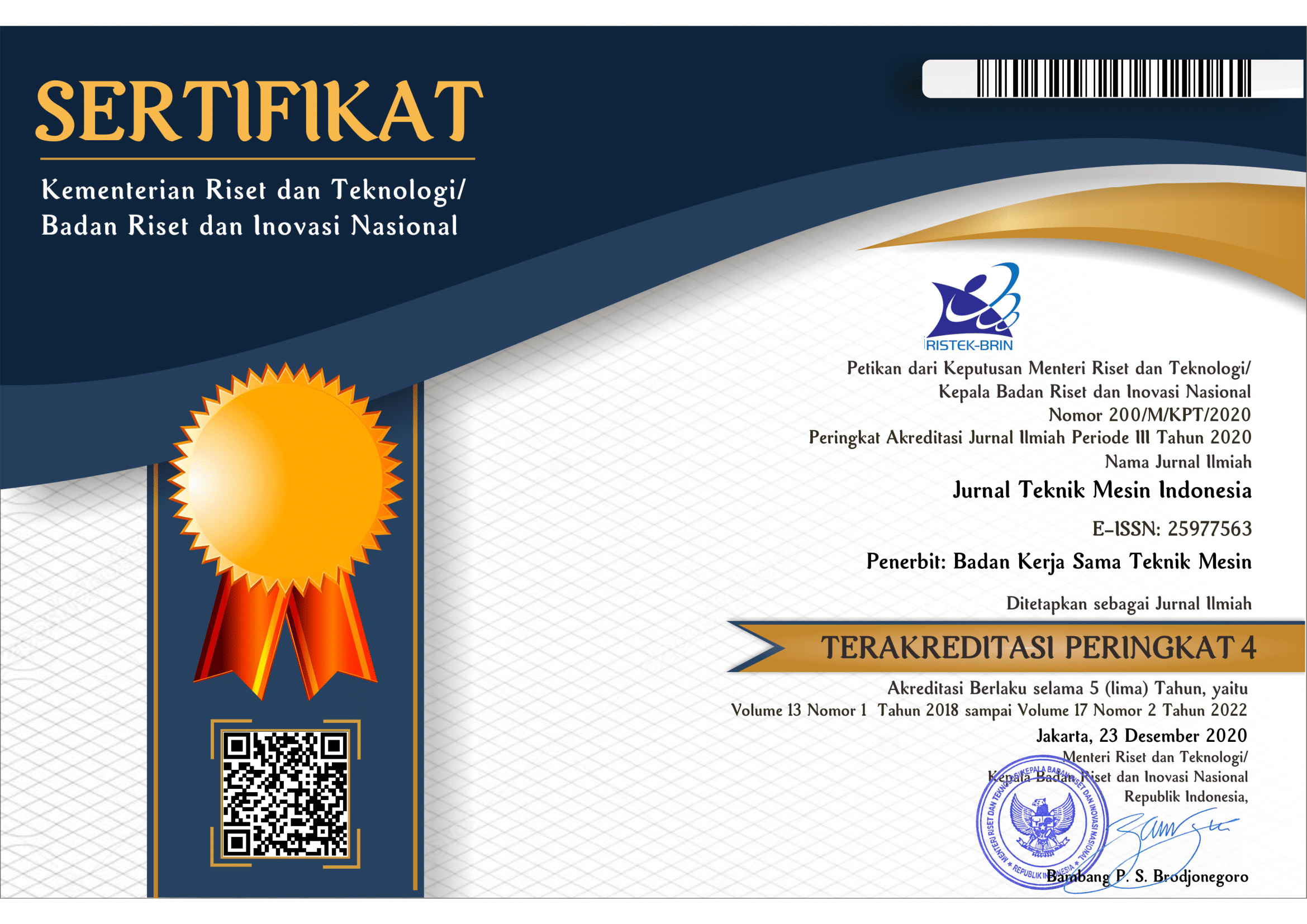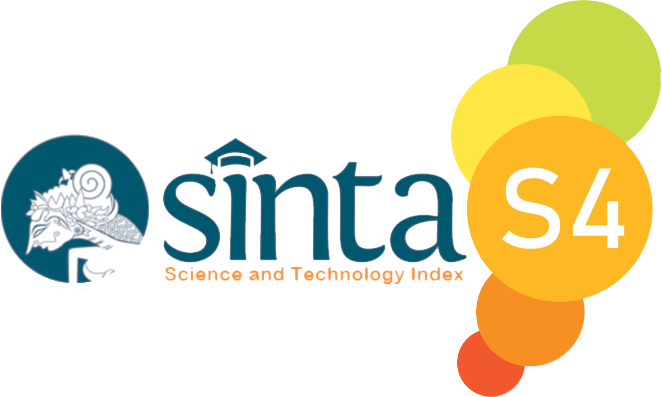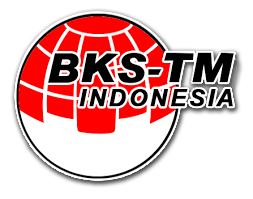Analisis kekuatan impak komposit serat batang pohon waru (Hisbiscus tiliaceus)
DOI:
https://doi.org/10.36289/jtmi.v18i2.439Keywords:
composite, impact test, hibiscus tiliacueusAbstract
Environmental conscious technology, or green technology, has become a significant focus for countries worldwide. The development of environmentally friendly materials is a top priority, and it is a major concern for researchers who continue to conduct studies to support the advancement of green technology. Research on the Hibiscus tiliaceus tree bark fiber (known as 'waru' in Indonesian) has become relevant in this context. These fibers have undergone treatment with NaOH and turmeric and are utilized as reinforcements in composites or combined with epoxy resin. This study aims to empirically assess their mechanical properties and is expected to provide valuable insights into the application of green and environmentally friendly technology. The objective of this research is to identify the effects of various treatments. These treatments include immersing the fibers in a NaOH 5% solution for 2 hours, heating the turmeric in a 20% solution to a temperature of 70-80°C, followed by a 2-hour incubation, as well as immersing the fibers in a NaOH 5% solution for 2 hours, followed by heating the turmeric in a 20% solution to 70-80°C for another 2-hour period, with respect to the bending strength of the waru tree bark fiber composites. Impact testing is conducted using ASTM 256, and the results show that the best impact energy, with the highest fracture energy, is achieved with the specimen that underwent the NaOH 5% solution treatment for 2 hours, reaching 2.142 Joules. The best impact strength was observed in specimens without any treatment, with a value of 1.529 Joule/mm².










